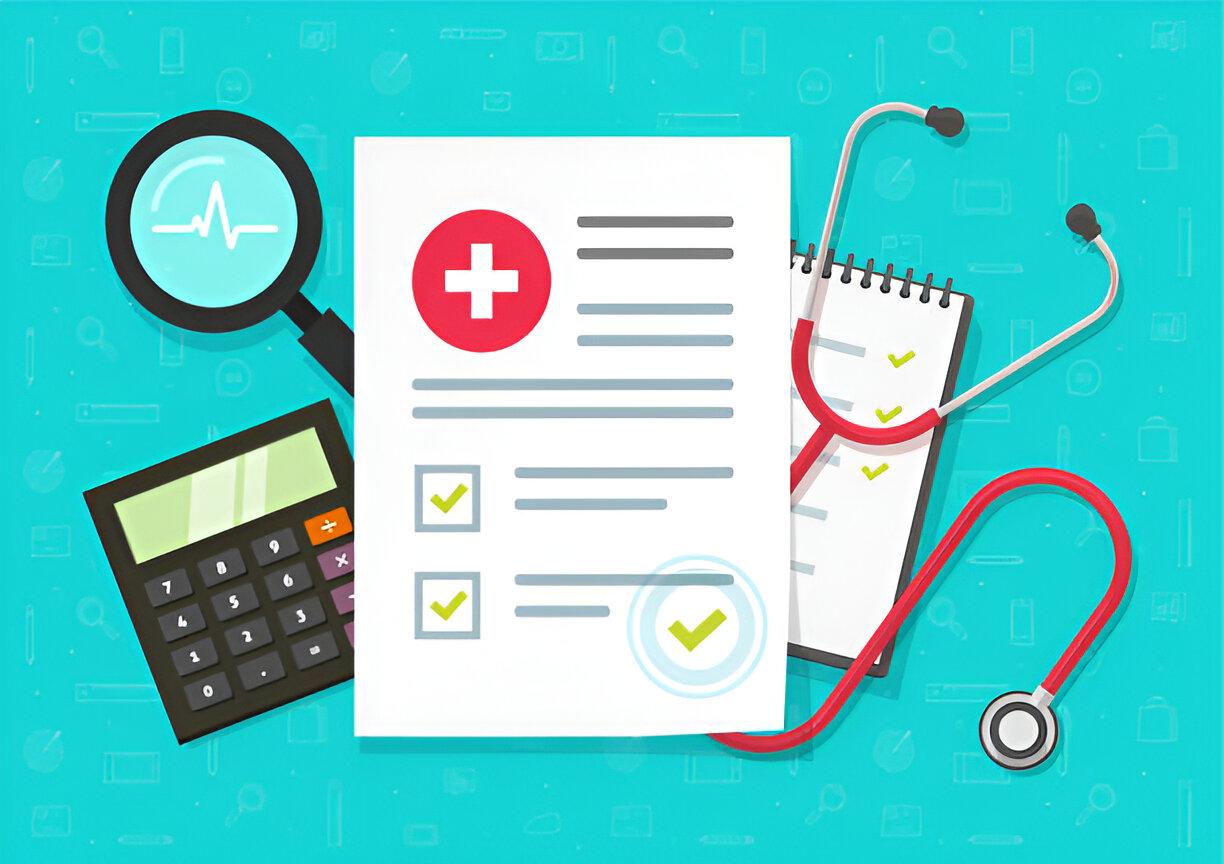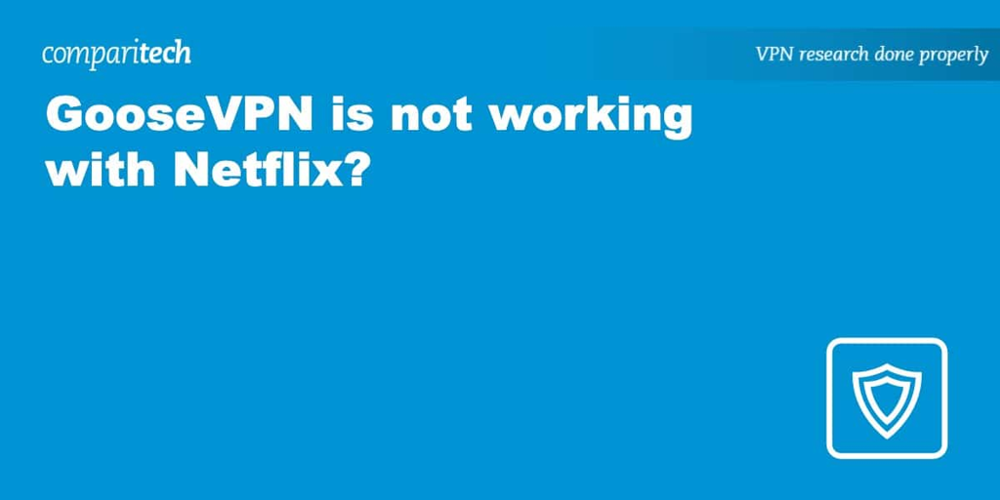In the high-stakes world of healthcare, physicians and medical providers in Georgia and Michigan are constantly seeking ways to improve efficiency, reduce administrative burdens, and maximize their financial returns. For many practices, the answer lies in streamlining billing operations to ensure accurate coding, fast reimbursement, and full regulatory compliance.
Medical billing is no longer just a back-office function—it’s the backbone of practice revenue. From claim submission to denial management, the entire revenue cycle hinges on how effectively a practice handles its billing. In two states with vastly different healthcare landscapes like Georgia and Michigan, having a localized and streamlined billing process is essential to financial success.
This article explores how practices in Georgia and Michigan can streamline their billing operations and achieve optimal revenue cycle management (RCM). We'll discuss regional payer dynamics, regulatory nuances, and specific strategies to reduce denials, speed up collections, and enhance profitability.
1. The Importance of Streamlining Medical Billing
Streamlining billing is not just about making the process faster—it's about:
-
Eliminating errors and redundancies
-
Improving claim acceptance rates
-
Enhancing staff productivity
-
Ensuring compliance with state and federal regulations
-
Boosting revenue per encounter
In Georgia and Michigan, where Medicaid programs, payer requirements, and patient demographics differ significantly, streamlining billing requires a localized approach to medical billing services.
2. Georgia’s Healthcare and Billing Landscape
Georgia presents a unique mix of rural and urban healthcare providers, each with specific challenges:
Key Billing Considerations for Georgia:
-
High Medicaid Enrollment: Managed by Georgia Families and Peach State, billing must conform to strict documentation and coding standards.
-
Telehealth Expansion in Rural Areas: Accurate billing using modifiers (e.g., 95, GT) is vital.
-
Varied Payer Mix: Providers bill a combination of Medicare, Medicaid, and private insurance, making payer-specific knowledge crucial.
-
Frequent Prior Authorization Requirements: Especially for imaging, surgeries, and behavioral health services.
3. Michigan’s Healthcare and Billing Landscape
Michigan, home to cutting-edge hospitals and a strong network of specialists, also presents billing complexity:
Key Billing Considerations for Michigan:
-
Auto Insurance Billing (No-Fault Law): Michigan’s auto-related claims add a layer of complexity, especially for physical therapy, orthopedic, and pain management practices.
-
Healthy Michigan Plan: Expanded Medicaid means more providers must meet specific documentation standards.
-
Blue Cross Blue Shield of Michigan: A dominant payer with unique pre-authorization and documentation rules.
-
Post-Acute Care Billing: Skilled nursing and home health medical billing services in Michigan aging population centers.
4. Common Billing Pitfalls in Both States
Regardless of location, Georgia and Michigan practices often struggle with:
-
Incorrect CPT/ICD-10 coding
-
Failure to verify insurance eligibility
-
Lack of documentation for medical necessity
-
Delayed or missing claim submissions
-
Inadequate follow-up on denied or unpaid claims
Streamlining billing operations involves correcting these issues before they disrupt revenue.
5. Step-by-Step Strategies to Streamline Billing Operations
A. Standardize Front-End Processes
Errors in patient registration and eligibility verification are a leading cause of denials.
Action Steps:
-
Use automated insurance verification tools
-
Train staff to capture complete, accurate patient information
-
Implement real-time eligibility checks at the time of appointment scheduling
B. Ensure Accurate Coding
Whether billing in Atlanta or Detroit, accurate coding ensures correct reimbursement.
Action Steps:
-
Use certified coders familiar with Georgia/Michigan payer requirements
-
Stay updated with annual CPT/ICD code changes
-
Implement internal audits and cross-check documentation with codes
C. Automate Claim Submission
Manual claims slow down the revenue cycle.
Action Steps:
-
Submit claims electronically through a secure and HIPAA-compliant billing platform
-
Use clearinghouses that are integrated with local MACs and private insurers
D. Monitor Denials and Rejections Closely
Denial management is essential to streamline revenue flow.
Action Steps:
-
Track denial patterns (e.g., CO-22 denial code, PR-204)
-
Set up automated alerts for denied or underpaid claims
-
Establish a dedicated team for timely appeals
E. Optimize Patient Collections
With rising deductibles, collecting from patients is critical.
Action Steps:
-
Offer online payment portals and mobile-friendly billing
-
Provide cost estimates and financial counseling before services
-
Send timely reminders and follow-ups for unpaid balances
6. Leverage Revenue Cycle Management (RCM) Services
Professional RCM services offer complete billing support, including:
-
Eligibility verification
-
Charge capture
-
Medical coding
-
Claim submission and tracking
-
Denial management and appeals
-
Patient billing and collections
RCM partners tailored to Georgia and Michigan healthcare systems understand local laws and payer expectations—key to maximizing revenue.
7. Specialty-Focused Billing: Georgia and Michigan Examples
Mental Health Billing
-
Georgia has growing demand for behavioral health services in underserved counties
-
Michigan sees an increase in telepsychiatry under Medicaid and BCBS
Billing Considerations:
-
Use correct time-based CPT codes (e.g., 90837, 90834)
-
Include appropriate modifiers for telehealth and virtual sessions
-
Ensure documentation supports the session length and diagnosis
Orthopedics and Pain Management
-
Michigan's No-Fault auto insurance law impacts orthopedic billing
-
Medical billing services in Georgia need to handle pre-auths from private payers more effectively
Billing Considerations:
-
Use accurate surgical and injection codes (e.g., 20610, 64493)
-
Manage claim documentation to meet accident or work-comp standards
-
Track payer-specific reimbursement rates and limitations
Internal Medicine and Primary Care
-
Chronic care management (CCM) and annual wellness visits are underutilized revenue opportunities
Billing Considerations:
-
Bill for CCM (CPT 99490), transitional care (CPT 99495/99496), and RPM
-
Ensure EMR templates align with CMS documentation requirements
8. Insurance Credentialing: A Revenue Catalyst
Credentialing is crucial to billing success. Providers must be enrolled with payers to receive reimbursements.
Challenges in Georgia and Michigan:
-
Payers like BCBSM or Peach State may have long credentialing timelines
-
Medicaid and Medicare enrollment requires detailed applications and revalidation
Streamline With:
-
Credentialing specialists who understand each state’s portals and timelines
-
Ongoing tracking of CAQH profiles and NPI status
-
Linking credentialing with billing go-live dates to avoid delays
9. Use Technology to Enhance Billing Accuracy
Modern billing platforms integrated with EMRs can reduce administrative tasks and human error.
Key Technology Features:
-
Automated charge capture
-
Coding assistance tools
-
Real-time claim status tracking
-
Reporting dashboards tailored to Georgia and Michigan payers
Cloud-based platforms also ensure HIPAA compliance and access from any location.
10. Track KPIs to Drive Revenue Improvements
Every Georgia and Michigan practice should monitor key performance indicators:
-
First-pass resolution rate (FPRR)
-
Days in accounts receivable (AR)
-
Denial rate by payer
-
Net collections rate
-
Clean claim rate
These metrics reveal gaps in your billing workflow and point to where improvements are needed.
11. Outsourcing vs. In-House Billing: What’s Best?
Many practices in Georgia and Michigan are turning to outsourced billing for better results.
Advantages of Outsourcing:
-
Access to trained billing experts
-
Lower staffing costs
-
Faster claims processing
-
Stronger denial management
-
Advanced technology without upfront investment
However, in-house billing may work for large practices with robust admin teams. The key is to compare:
| Factor | In-House Billing | Outsourced Billing |
|---|---|---|
| Cost | Higher HR and software cost | Flat-rate or percentage-based |
| Expertise | Requires internal training | Industry-certified specialists |
| Scalability | Limited by resources | Easily scales with growth |
| Technology | Practice must manage it | Provided by billing partner |
| Accountability | Controlled internally | SLA-based performance metrics |
12. Compliance and Regulatory Awareness
Georgia and Michigan providers must navigate:
-
HIPAA and HITECH
-
State-specific privacy rules
-
CMS documentation guidelines
-
Opioid prescribing rules (especially in Michigan)
-
Telehealth parity laws (especially in Georgia)
Streamlining billing means integrating compliance checks into daily operations.
13. The Financial Impact of Streamlined Billing
When billing is optimized, practices in Georgia and Michigan can:
-
Increase cash flow by 15-25%
-
Reduce denials by over 30%
-
Cut days in A/R by 25-40%
-
Collect more from patients upfront
-
Reduce staff workload by 20% or more
This leads to better financial health, improved patient satisfaction, and reduced burnout for office teams.
14. Case Example: Georgia Family Practice
A primary care clinic in Savannah struggled with denied claims and low patient collections. After streamlining billing with a local RCM provider:
-
First-pass claim acceptance increased from 82% to 97%
-
Days in A/R dropped from 58 to 32
-
Revenue improved by 21% within 6 months
-
Patient collection at time-of-service improved from 43% to 72%
15. Case Example: Michigan Orthopedic Group
A Detroit-based orthopedic group faced delayed payments from auto insurers and Medicare. After outsourcing billing:
-
Clean claim rate improved to 95%
-
Automated follow-up recovered $210,000 in aged claims
-
Payer-specific coding improved compliance and reimbursement
-
Staff time on billing tasks decreased by 50%
Conclusion: Invest in Streamlined Billing to Maximize Revenue
Healthcare practices in Georgia and Michigan face a complex web of payer requirements, patient needs, and regulatory frameworks. In such environments, streamlining billing operations isn’t optional—it’s essential.
From coding accuracy and claim management to credentialing and patient billing, every part of the revenue cycle can be optimized. Whether you’re a solo provider in rural Georgia or a specialty group in Michigan’s busiest cities, investing in streamlined billing and expert revenue cycle management can elevate your practice performance, reduce stress, and significantly boost profitability.
Now is the time to take control of your billing processes—and watch your revenue grow.





